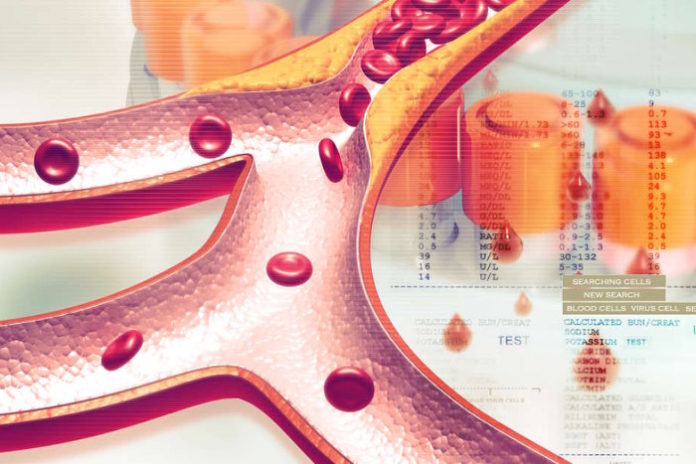The whole idea might appear a bit weird. Vaccinations are usually against pathogens (not fat), but researchers have worked out how to use the immune system to stop bad cholesterol, also known as low-density lipoprotein cholesterol (LDL). In a paper published in the European Heart Journal, researchers have shown how the vaccine taught the immune system to fight off an enzyme that stops the natural clearing of LDL from the blood.
The enzyme in question is PCSK9 (Proprotein convertase subtilisin/Kexin type 9), and the vaccine directly linked to its reduction is known as AT04A. There are already approved therapies that target PCSK9 with antibodies, but those are usually put into the patients rather than having the human body produce them.
In this experiment, mice were genetically modified and fed a western-style food to induce high cholesterol and atherosclerosis. AT04A reduced the total amount of cholesterol in these mice by 53%, atherosclerosis damage went down by 64%, and the biological markers of blood vessel inflammation were reduced by 21-28% compared to unvaccinated mice.
“The reduction in total cholesterol levels was significantly correlated with induced antibody concentration, proving that induced antibodies caused the reduction in cholesterol and also are ultimately responsible for the reduction of atherosclerosis development,” co-author Dr Günther Staffler, chief technology officer at AFFiRis (who developed the vaccine), said in a statement. “As antibody concentrations remained high at the end of the study, it can be assumed they would continue to reduce cholesterol levels for some time afterwards, resulting in a long-lasting effect, as has been shown in previous studies.”
If the vaccine is able to replicate the same beneficial effects in humans, it could lead to long-lasting effective therapies that only need annual boosters to remain at full potency.
“The way that AT04A is administered is comparable to a vaccine,” added Dr Staffler. “However, the difference between a conventional vaccine and our approach is that a vaccine induces antibodies that are specific to bacterial or viral proteins that are foreign to the body – pathogens – whereas AT04A induces antibodies against a target protein that is produced by the body – endogenous proteins. This is really an immunotherapeutic approach rather than a vaccine approach.”
Human tests are currently investigating the safety of AT04A in 72 people. This phase I trial is expected to be concluded by the end of the year.
Source: iflscience.com











